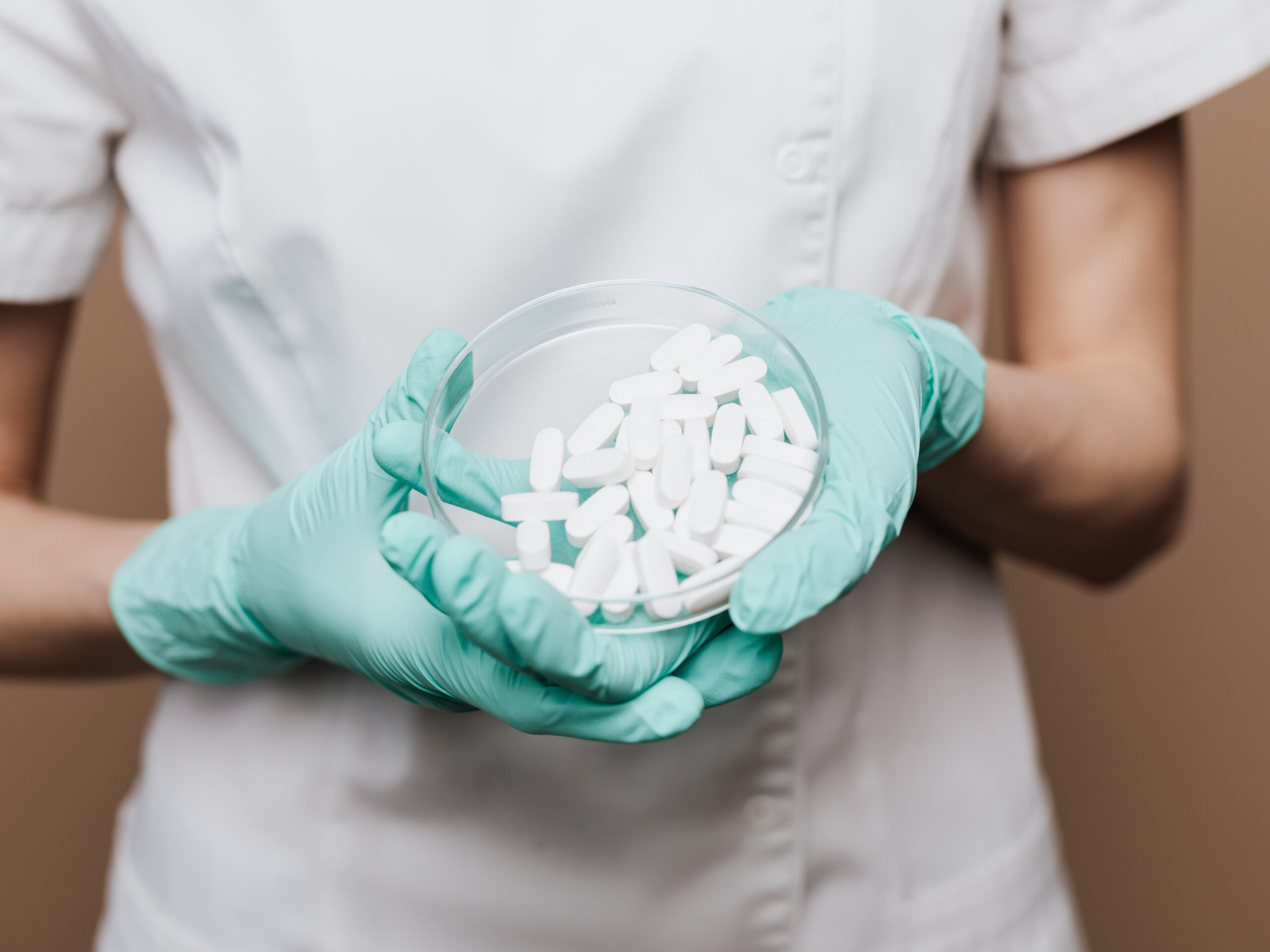
On Nov. 16, the Biden administration announced its plan to purchase 10 million doses of Pfizer’s new antiviral COVID pill, Paxlovid. The Food and Drug Administration, also known as the FDA, will still have to approve Pfizer’s treatment, as well as a similar pill made by Merck. These COVID pills represent a significant development in fighting the pandemic. In the case of Pfizer’s pill, hospitalization rates for high risk groups drop by nearly 90%. This could lower death rates substantially, and even potentially eliminate the extreme levels of overcrowding that have plagued hospitals over the course of the pandemic. Additionally, more treatment options could embolden the United States to begin exporting vaccines to countries in need.
Pfizer’s pill regimen is a five-day process meant to be taken between three to five days of becoming symptomatic with COVID. According to a study done by the company, among the 775 infected adults that were given the treatment, only 1% were hospitalized for COVID. This means that the rate of hospitalization decreased by an astonishing 89%. Furthermore, no deaths were reported amongst the group. In contrast, the control group had roughly 7% hospitalizations, and seven deaths. These two points indicate huge potential for Paxlovid and other covid pills moving forward. If these statistics hold for future variants, we may be able to leave the worst aspects of the pandemic in the past.
Roughly 1 ½ weeks following the public release of this information, the White House announced their $5.3 billion plan to purchase 10 million Paxlovid doses. Pfizer also submitted the drug to the FDA for review. If Paxlovid passes the FDA’s strict inspection, the agency could approve it within several weeks to months. With new outbreaks popping up across the country, time is valuable. With pressure mounting from the Biden Administration, it is possible that the FDA could speed up approval, like it did with Pfizer’s COVID vaccine earlier this year, before later granting full approval.
Now that more options are becoming available in the fight against COVID, it is more important than ever to share these resources with the rest of the world. For months, rich countries like the United States and Canada have been hoarding millions of unused COVID vaccines. This is a stark divergence from poorer countries in the global south. Particularly, only 8% of the African continent is currently vaccinated, despite offers from African countries to buy doses en masse. Increases in COVID treatment could open the door to exporting vaccines, since there would be less of an incentive to hoard. Pandemics are a global crisis, so we must work with the rest of the world, not sabotage it.







